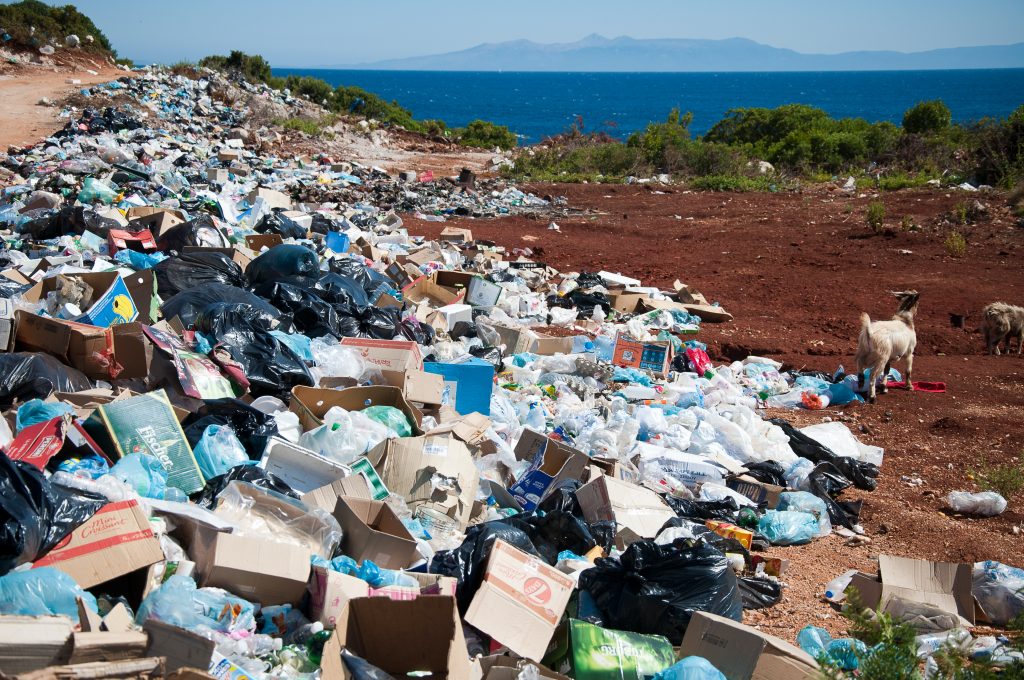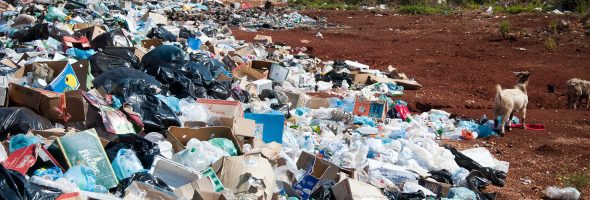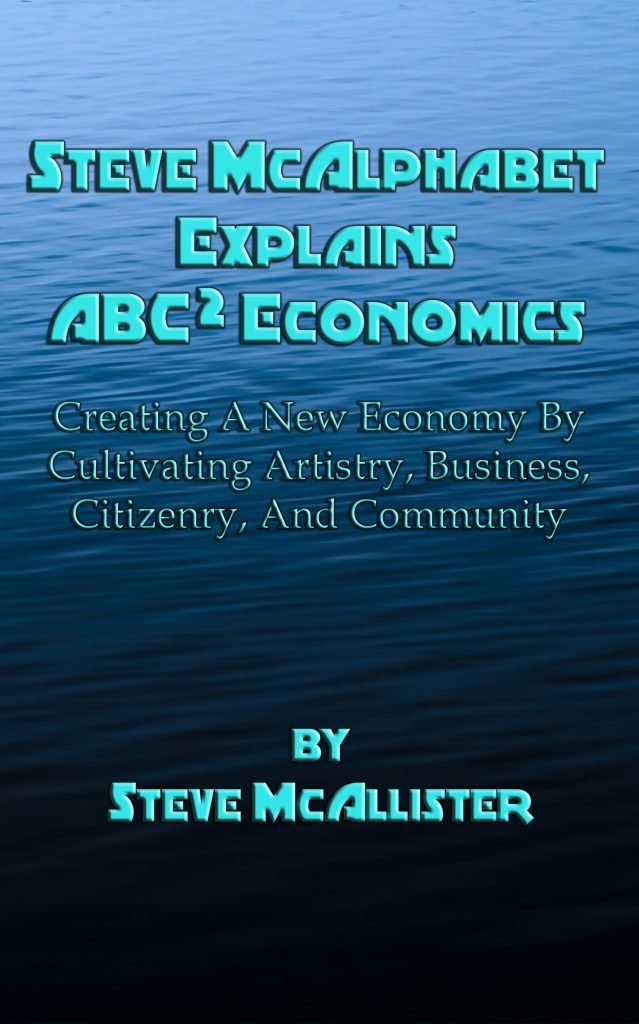Although there are some that still deny that all of the activity of drilling, burning, melting, and building we’ve done as a species has had any effect on the environment, most thinking people are coming around to realizing that the majority of scientists who claim that climate change is something to be concerned about are probably more trustworthy than the oil magnates who say it isn’t. And since many people have concluded that the pollution we put into the environment does, in fact, have repercussions, we are realizing that the endless economic growth sold to us by those who are reaping the greatest benefits of it may not be the economic goal we should be striving for.
“Mainstream economics views endless economic growth as a must,” says Kate Raworth in Doughnut Economics, “but nothing in nature grows forever, and the attempt to buck that trend is raising tough questions in high-income but low-growth countries. It may not be hard to give up having GDP growth as an economic goal, but it is going to be far harder to overcome our addiction to it. Today we have economies that need to grow, whether or not they make us thrive; what we need are economies that make us thrive, whether or not they grow. That radical flip in perspective invites us to become agnostic about growth and to explore how economies that are currently financially, politically and socially addicted to growth could learn to live with or without it.”
Considering how much of our time and energy is spent in the pursuit of goals we do not actually seek, we need to reconsider how much growth we actually need. Forcing more people to go to unnecessary jobs to revel in bullshit or just to make more garbage may make the economy grow, but it also increases traffic and pollution, and increases the time we have to spend in it.
“Even if we could grow our way out of the crisis and delay the inevitable and painful reconciliation of virtual and real wealth,” Herman E. Daly points out in For the Common Good: Redirecting the economy toward community, the environment, and a sustainable future, “there is the question of whether this would be a wise thing to do. Marginal costs of additional growth in rich countries, such as global warming, biodiversity loss and roadways choked with cars, now likely exceed marginal benefits of a little extra consumption. The end result is that promoting further economic growth makes us poorer, not richer.”
Unfortunately, there is a class of people we have come to revere as “leadership” that is obsessed with growing numbers to the detriment of everything else. Although real people may suffer through terrible ordeals like car accidents, divorces, fires, health problems, natural catastrophes, and public shootings, there are some who merely revel in the fact that all of these things contribute to the rise of the GDP number.
“We have an economic system that fetishizes GDP growth above all else, regardless of the human or ecological consequences,” says Naomi Klein in This Changes Everything: Capitalism vs. The Climate, “while failing to place value on those things that most of us cherish above all—a decent standard of living, a measure of future security, and our relationships with one another.”
What we fail to understand is how our obsession with this number, and our addiction to the drug of “more” has adverse effects not only on the world around us, but on our very souls. Although we may have lessons of morality and ethics shared with us through our movies, religions, storybooks, and fairy tales, teaching us to be humble, caring, and sharing, our lifestyle, and the advertising propaganda that fuels it, tells us to get all we can and consume as much as we want. Few of us recognize this disparity nor the ramifications of our gluttonous habits.
“Human activity is putting unprecedented stress on Earth’s life-giving systems,” says Kate Raworth in Doughnut Economics. “Global average temperature has already risen by 0.8 degrees Celsius, and we are on track for an increase of almost 4 degrees Celsius by 2100, threatening a scale and intensity of floods, droughts, storms and sea-level rise that humanity has never before witnessed. Around 40 percent of the world’s agricultural land is now seriously degraded, and by 2025 two out of three people worldwide will live in water-stressed regions. Meanwhile over 80 percent of the world’s fisheries are fully or over-exploited and a refuse truck’s worth of plastic is dumped into the ocean every minute: at this rate, by 2050, there will be more plastic than fish in the sea.”
Granted, plastic is an amazing material. Drawn from ancient sunlight, plastic will last longer than most any other human creation, with some it lasting for several hundred years before breaking down and rejoining the natural cycle of life. However, the idea to make disposable products out of such a long-lasting material was sheer idiocy.
Nevertheless, with the short-sighted goals of the current economic system, it raises the GDP, and we have yet to find a better use for these resources than producing more garbage. The downside is that by using the finite resource that is oil to make garbage, just as we do with so many of our other natural resources, we are selling off our futures for the sake of profits that most of us will never actually enjoy. Will we still seek to appease the capitalists when the oil runs out?
“There is no economic imperative that will condemn us to deplete our vital resource base,” Jeffrey D. Sachs reminds us in Common Wealth: Economics for a Crowded Planet, “but neither is there an invisible hand that will prevent us from doing so.”

This is an excerpt from the book Steve McAlphabet Explains ABC Squared Economics. Go to https://stevemc.xyz/books/steve-mcalphabet-explains-abc-squared-economics/ to find out more.


